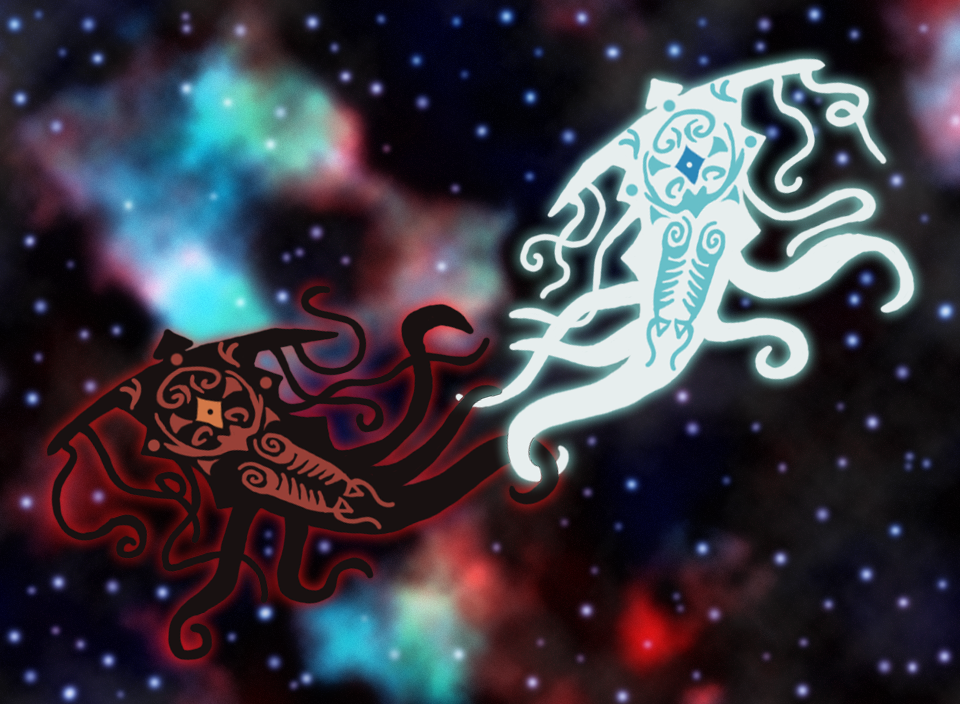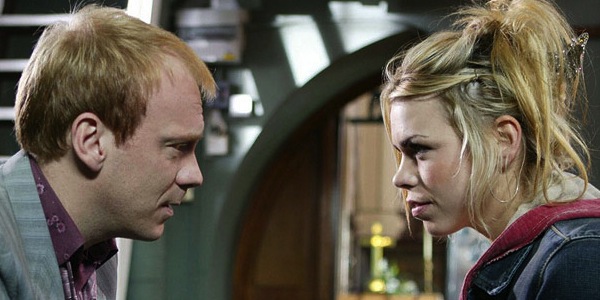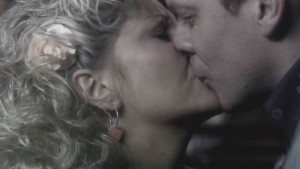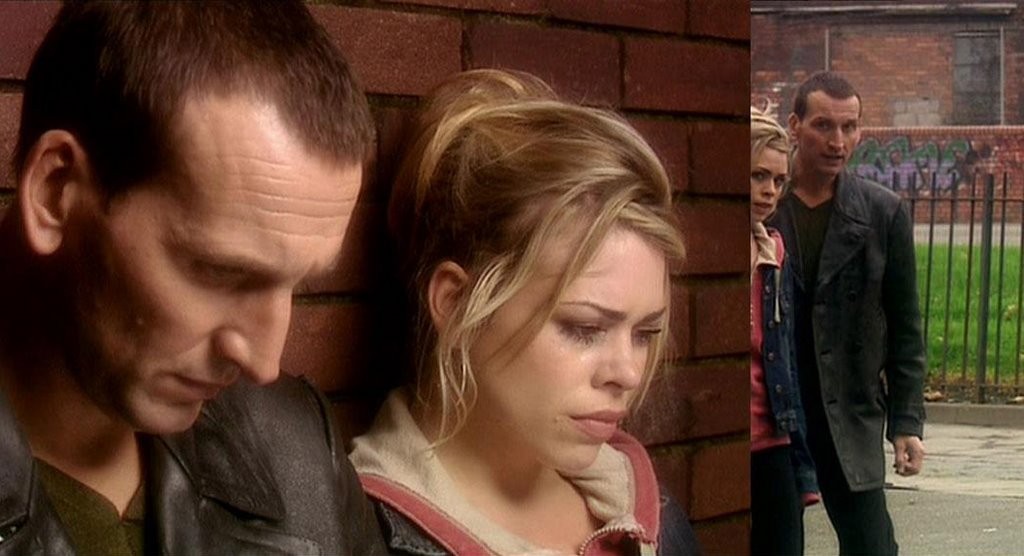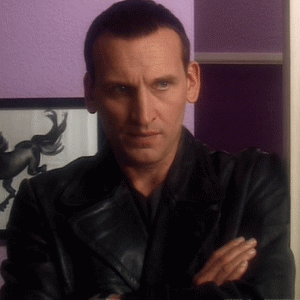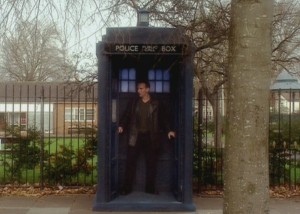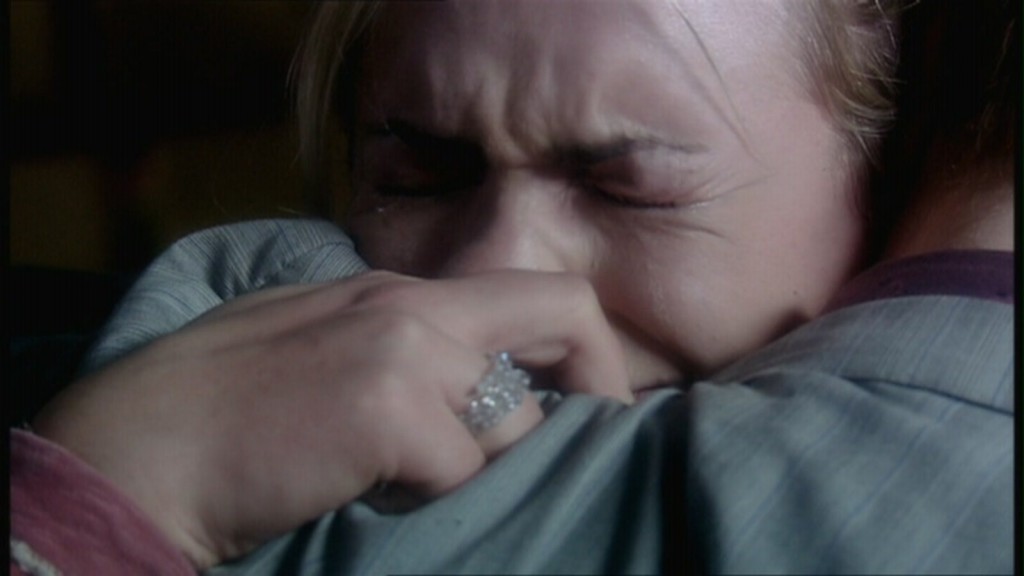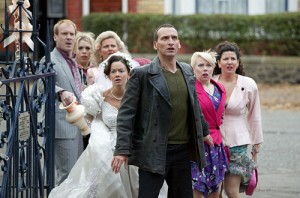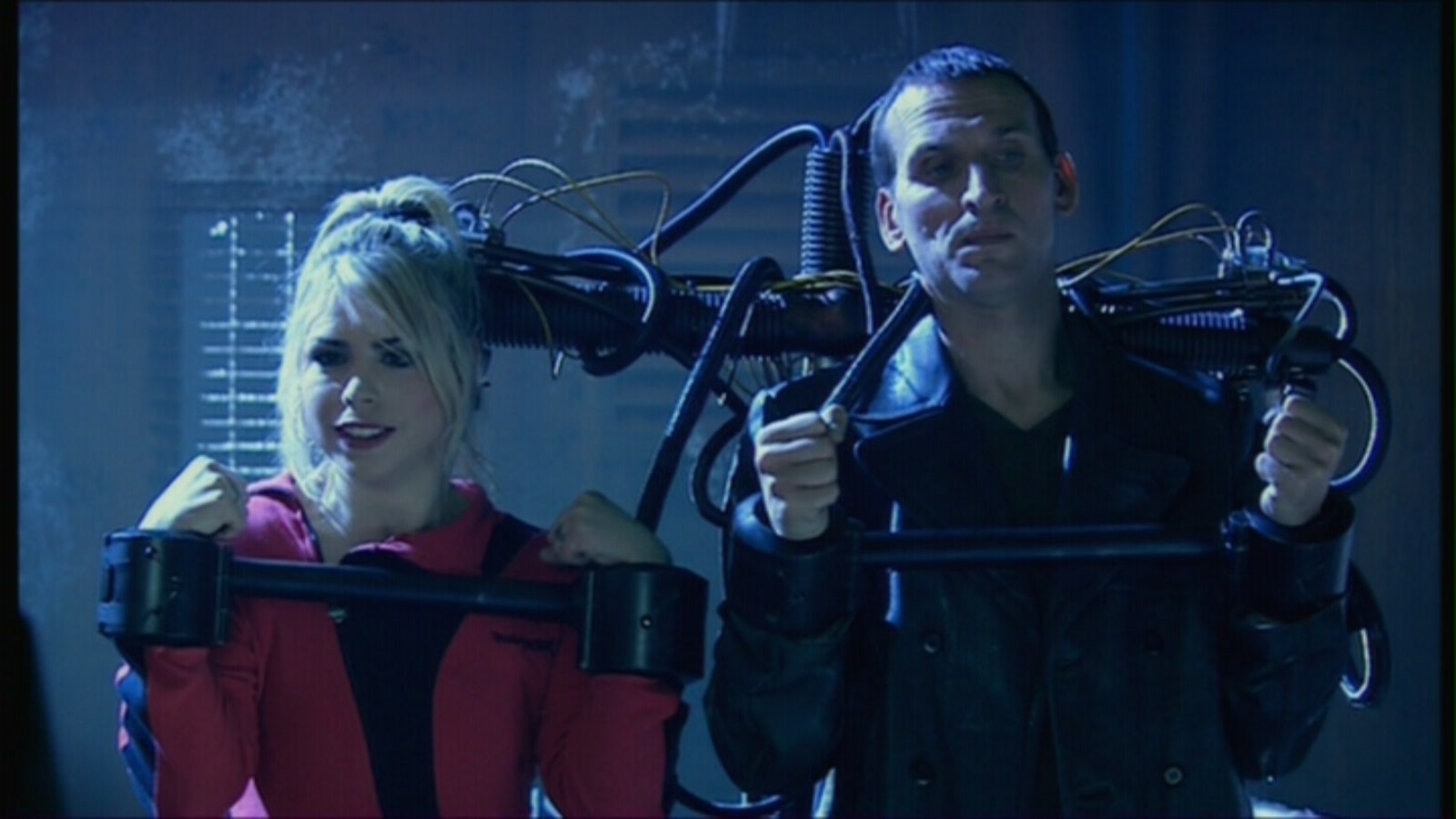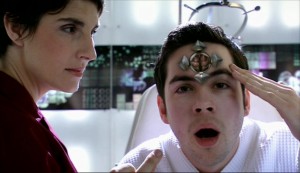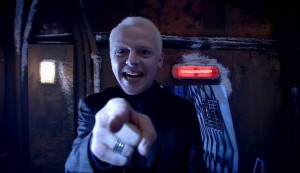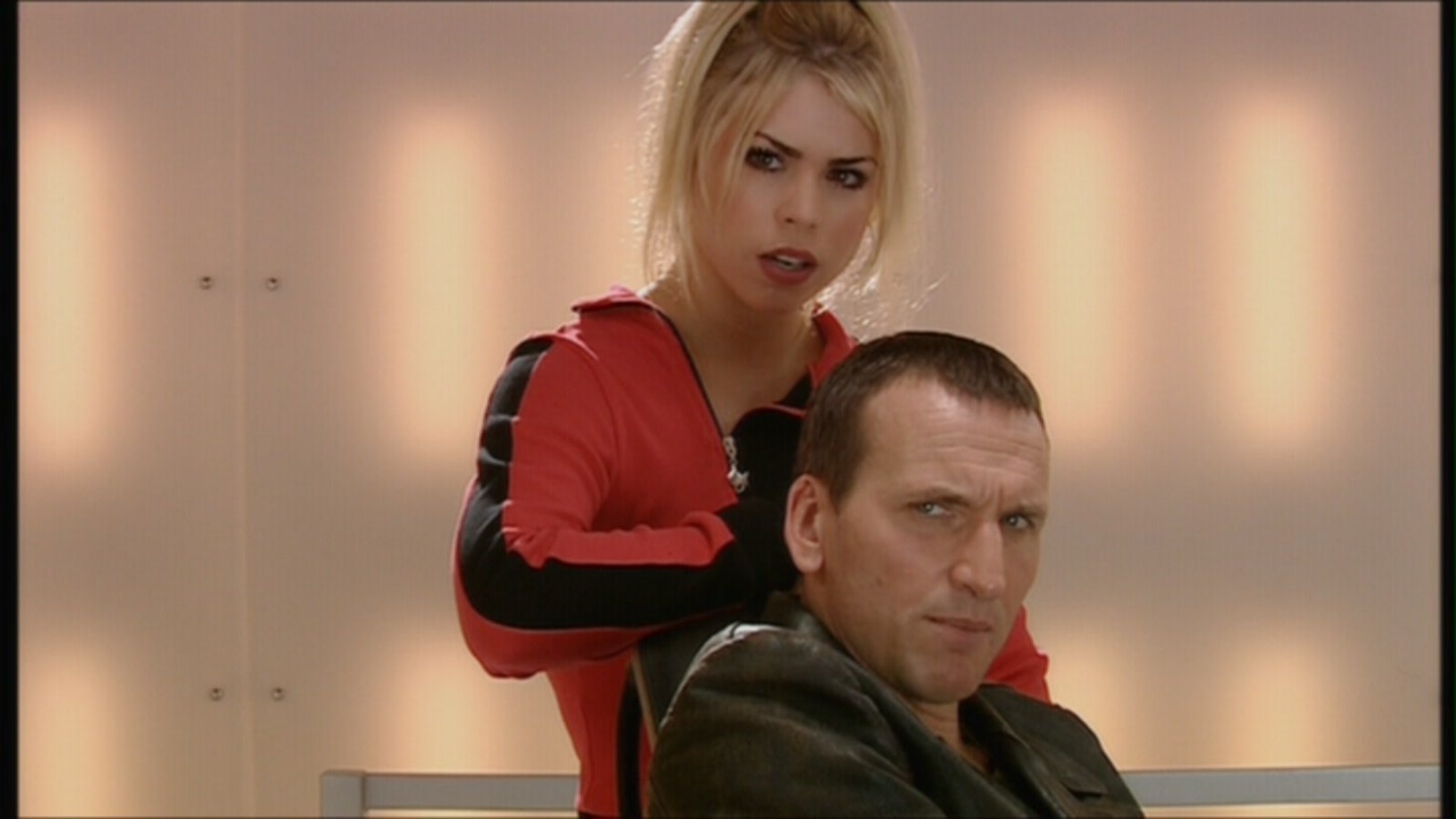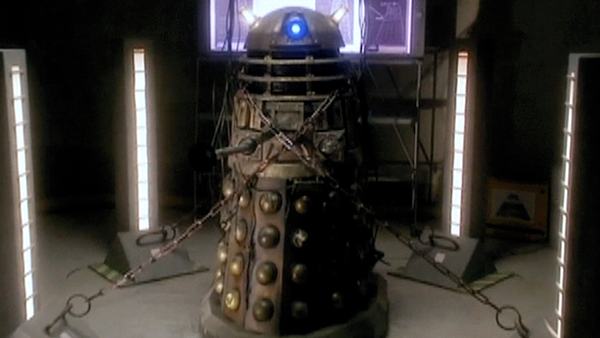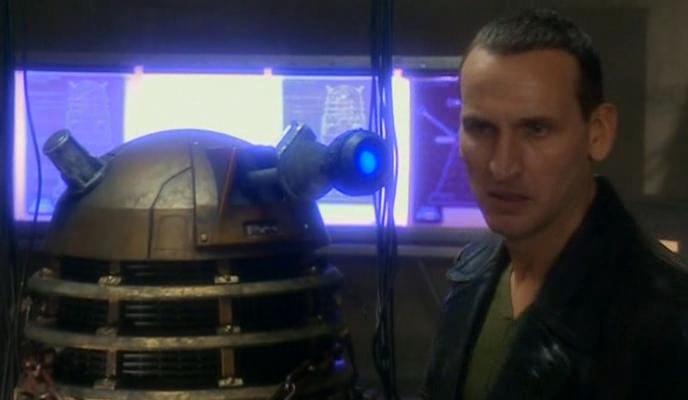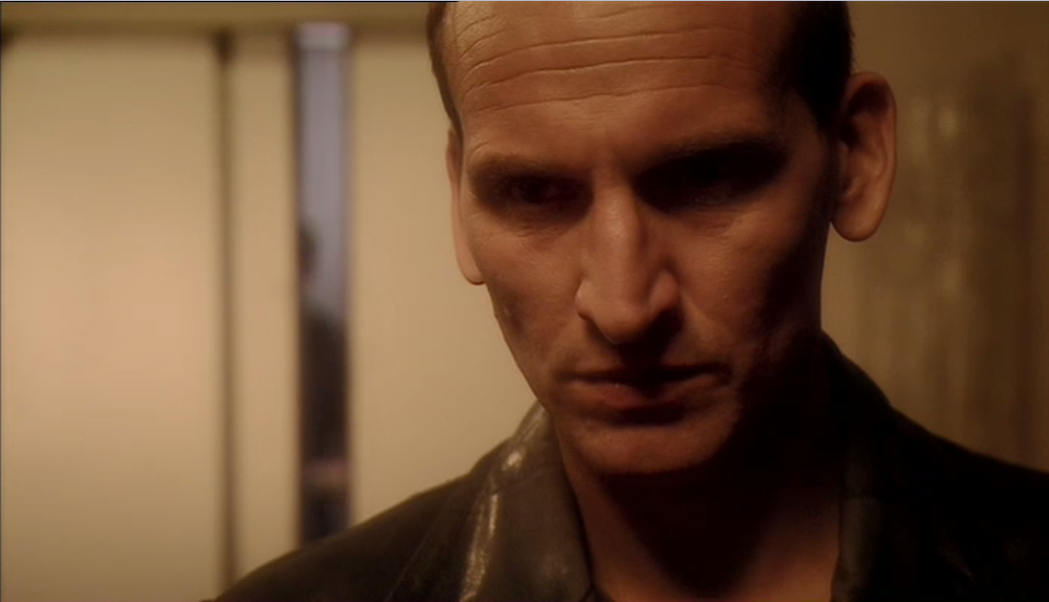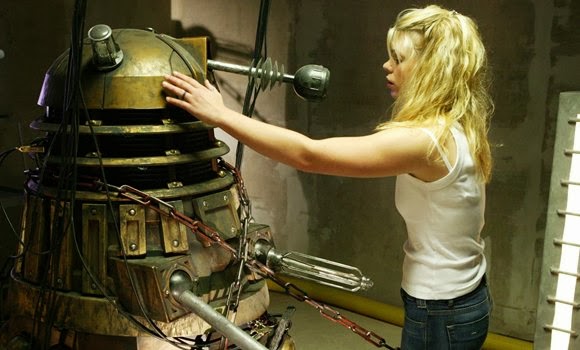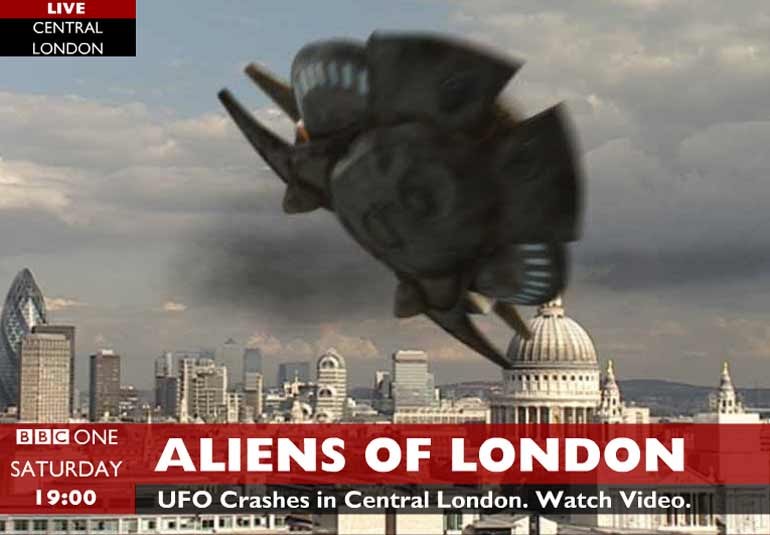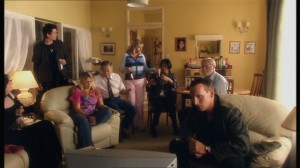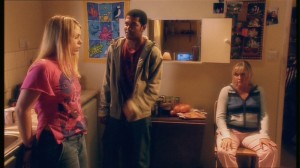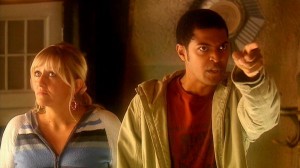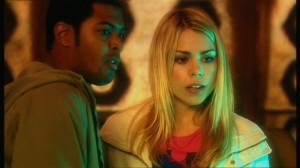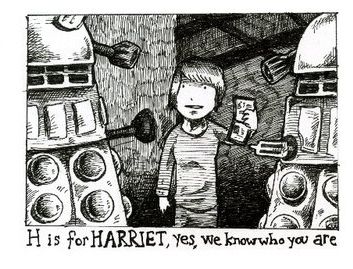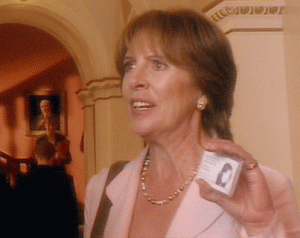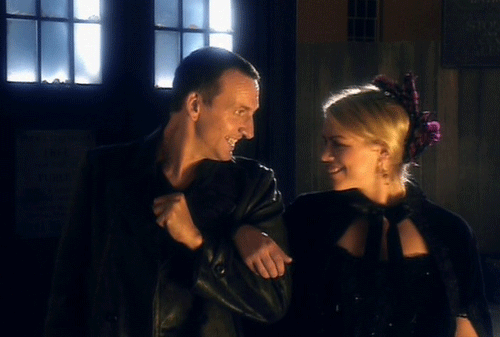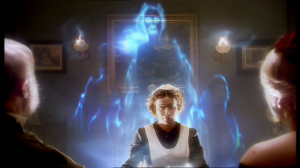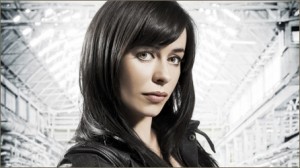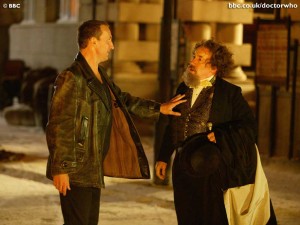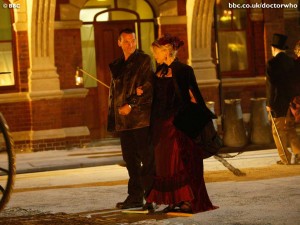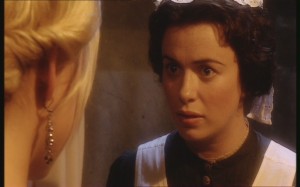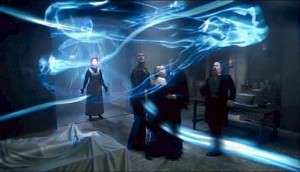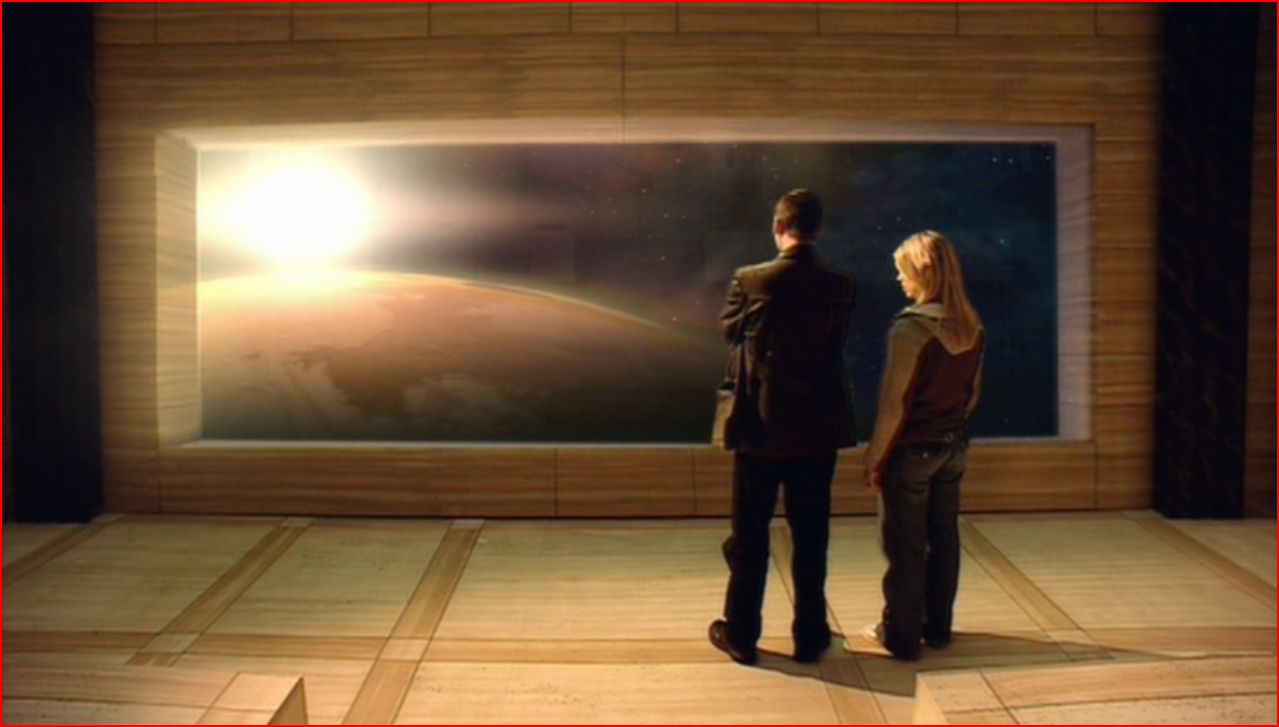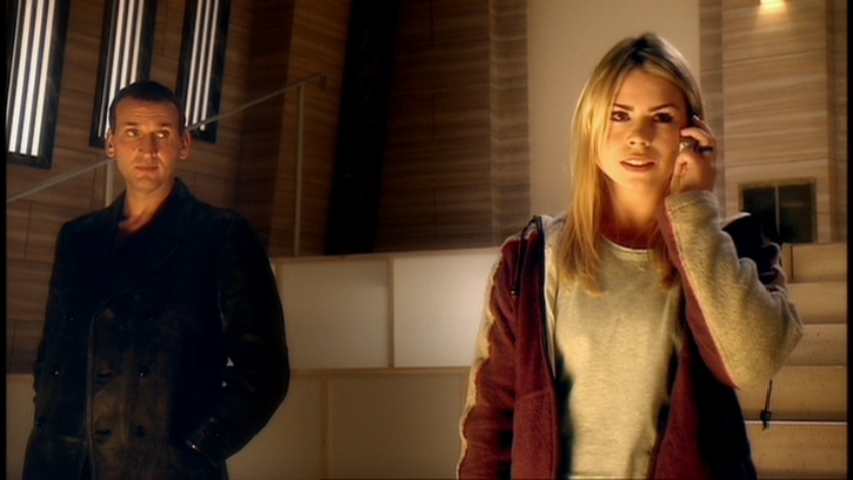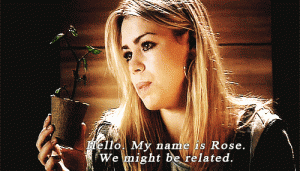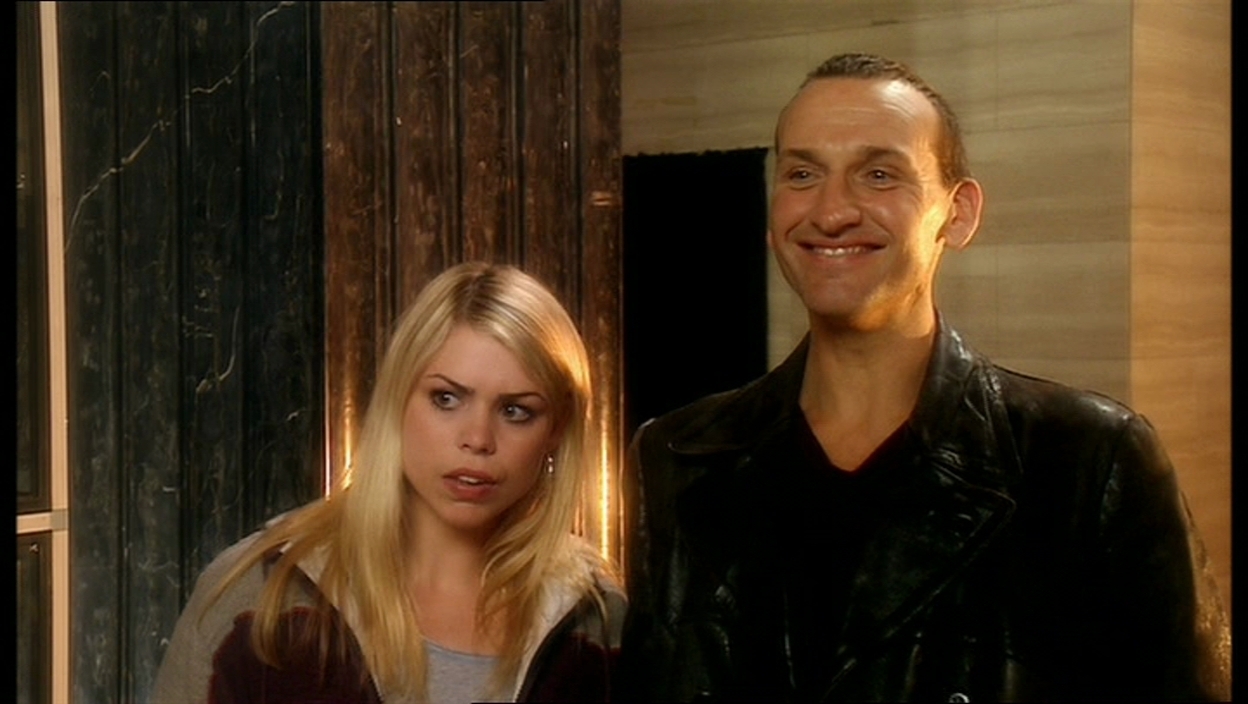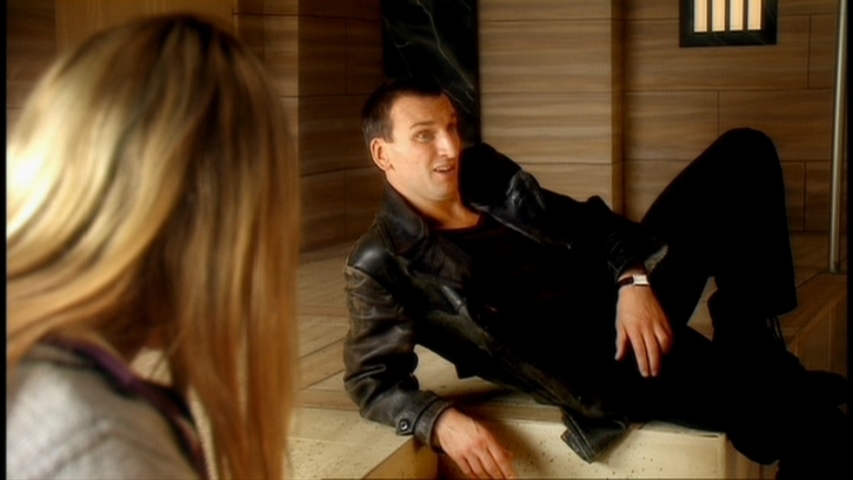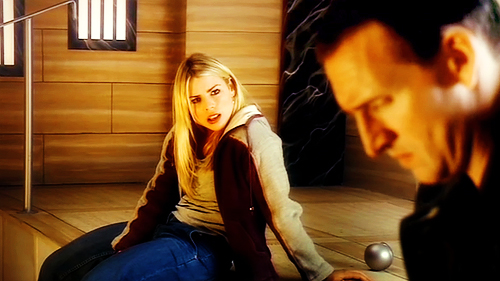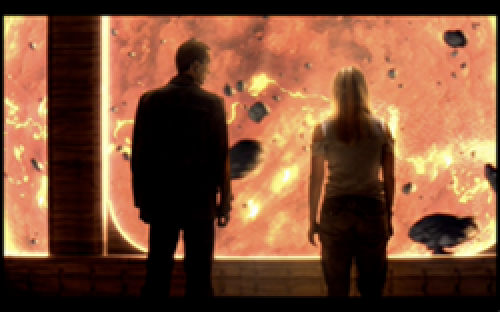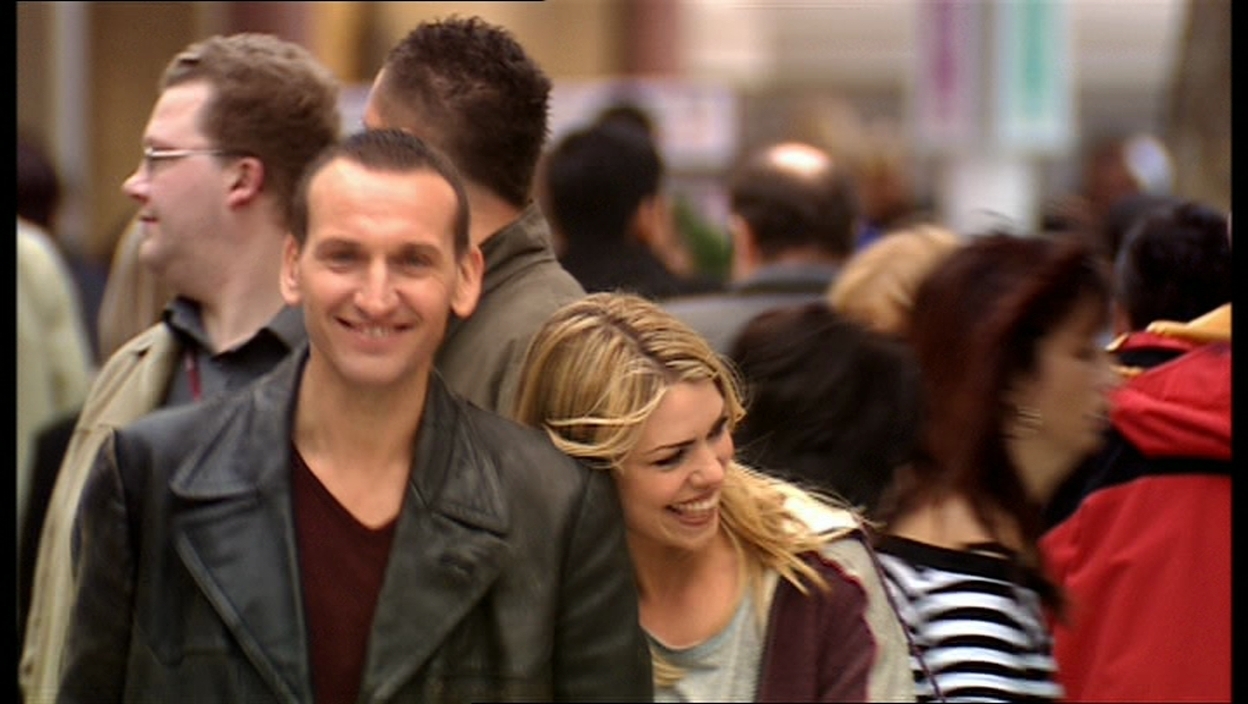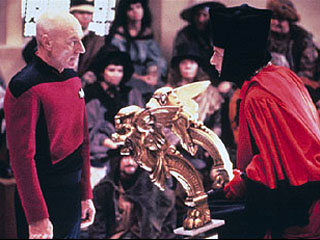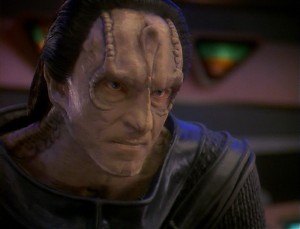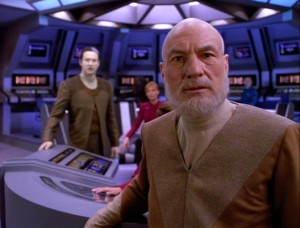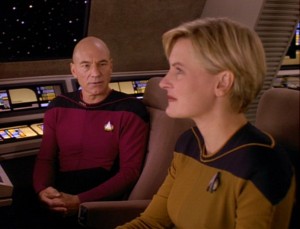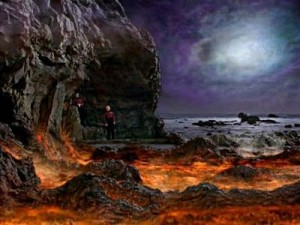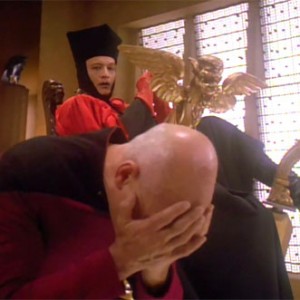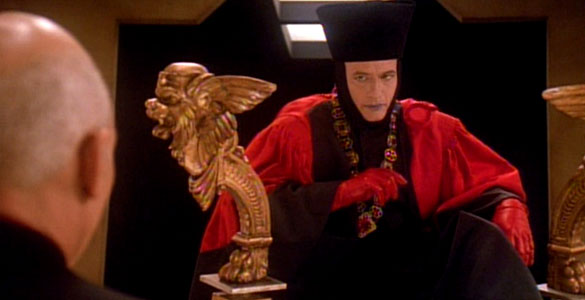Yesterday was the conclusion of WWDC 2017, and what a WWDC it was. It felt like everyone got what they wanted. Most developers got better stability in tooling and not too many changes to the core frameworks. We also got some breathtaking graphics and games APIs, like ARKit, along with easier integration for machine learning models, such as MLKit.
I watched the keynote in awe, my brain exploding with everything that was now possible in iOS. I had augmented reality on my wish list, so that thrilled me. But seeing how much love Apple gave Metal really touched me deeply. I have spent the last eight months working on a Metal book and I had feared that it would land with an unceremonious thump and no one would care about a three year old technology framework. The keynote gave me hope that Metal would be a continuing important part of Apple’s future for the time being and that my efforts were not wasted.
I downloaded the Xcode 9 beta with the intention of diving into ARKit. The beta still has not been extracted from its .zip file. I got home and immediately became overwhelmed by everything. There are so many new things. I tried to look at the docs but my head swam and I couldn’t deal with it.
The next day I started to see people posting their own AR efforts and a few days after that I started seeing ML efforts. I got very depressed. I left the keynote feeling like I was ahead of the curve and now I was already behind it again.
I feel we in the Apple Developer Community have been trained to jump on every new shiny thing Apple announces immediately. We all remember missing out on the Gold Rush when you could put out an app that you made over a weekend with some new piece of technology that Apple created and earn $10,000 in a week. The new Photos stuff allows us to do a vast but limited number of things and if you want your Photos app to be the top dog you have to get it out before anyone else does because you all have access to the same tools and the barrier to entry is low.
I want to be emphatic about this point: That is not the same situation with ARKit or Core ML.
My background is in the creative field. I wanted to be a film director and do sound design. My dream since I was a child was to have the Back to the Future experience of getting a box of books on my doorstep that had my name on them and to know I wrote a book. I have had that experience several times now and I feel quite blessed that I got to have that experience.
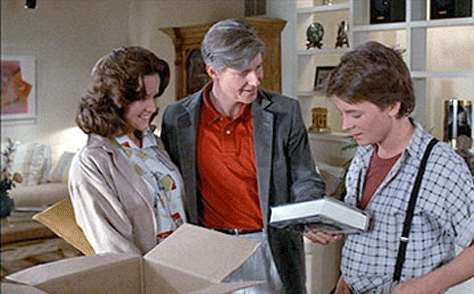
Anyone can write a book. We all have access to the same tools. There are fancy authoring tools like Ulysses and Scribner that cost $50, which is basically nothing compared to the cost of being an iOS developer. There are self publishing sites everywhere that will allow you to publish your book if no one else is interested, or if you don’t want to give up 50% of your royalties.
Just because anyone can write a book doesn’t mean everyone will write a book. Also, it doesn’t mean that someone else is going to write your book.
We still read stories that were written hundreds of years ago because they speak to something foundational about how we see ourselves as human beings. I read Tarot cards and the cards haven’t changed for a hundred years in spite of all of our changing circumstances because even though we all have iPhones and can connect at any given moment, what makes us human has not changed. We all worry about money. We all strive to advance in our careers. We all crave love. We all desire to have some kind of family, even if that family consists of friends and a grumble of pugs. Those aspects of ourselves don’t change.
A story by Jane Austin still resonates with us because we know how difficult it is to find another person you are willing to spend the rest of your life with. Romeo and Juliet still appeals to hormonal teenagers to whom every little bump in the road is the end of the world and for whom every relationship is forever. Unfortunately, the same applies to Twilight.
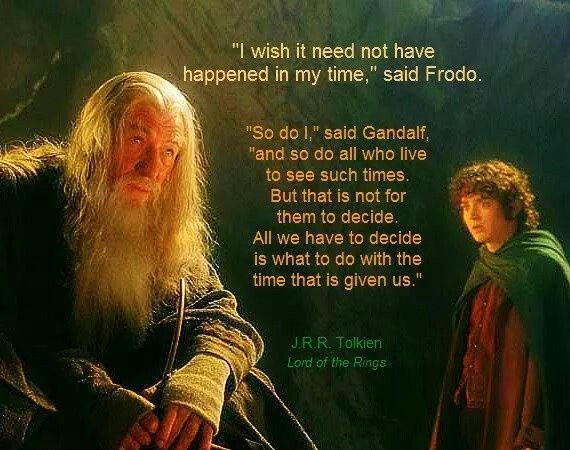
One reason so many people are appalled at the behavior of the Republicans right now in trying to strip tens of millions of Americans of their health insurance is because it goes against our script of what we think people should be like. Atrocities like the Holocaust speak to us on a deep level because it goes against our human nature of the way that we think people should behave. And it keeps happening. This is one reason The Lord of the Rings and Harry Potter have such staying power. They speak of ordinary people being placed in extraordinary circumstances, facing incredible odds, to attempt to defeat evil. The evil of Lord of the Rings was a different evil than we have now, but evil is never truly defeated. If you wanted The Legend of Korra, you know that light and dark are in an eternal battle where one can never truly vanquish the other.
Augmented Reality has me excited because it opens up another medium to tell stories. You could create an AR app that takes you around the Tower of London while you investigate the disappearances of the Princes in the Tower. You can stand on the site that Anne Boleyn lost her head and see the crowds of people observing the event. It makes these old sites and dusty facts come alive in a way that they can’t if you’re just reading about them in a book.
Technology in and of itself doesn’t make something compelling. Every Jurassic Park movie has dinosaurs, but only the first one truly feels special. When I think about Jurassic Park, I don’t think about the dinosaurs. I think about the characters and their story arcs. The overarching story arc is a tale of human hubris where a con man with a bunch of money is able to cobble together extinct animals by buying enough technology other people developed in order to create an amusement park to make money. He doesn’t think through the consequences of what he’s doing and is brought low by his own hubris.
The secondary arc of the film has to do with Alan Grant. The first thing you learn about him is that he hates computers and technology. Nothing in this movie is going to change that opinion. The second thing you learn about Alan Grant is that he doesn’t like children. So of course he is the one that is stuck watching the children after the park goes to hell. He goes through a fundamental change by having to interact with actual children and at the end of the film they snuggle with him as Dr. Sadler starts ovulating. It keeps Dr. Grant from just being the crabby guy who loses all of the good one-liners to Jeff Goldblum.
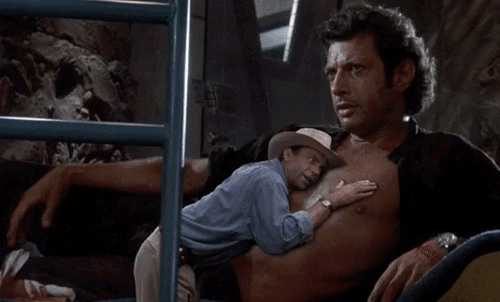
We’ve seen many other films in the last 25 years that have dinosaurs, including the most recent Jurassic Park last year. But none of these films have the satisfying feeling that the first one does. It has an encapsulated story and a grand theme of human scientific hubris. Everything goes to hell the way it’s foreshadowed. The park is destroyed by the unnatural force that was brought into it, and all of the people we actually care about survive. It’s a satisfying story that is enhanced by the use of special effects that are actually used quite sparingly.
One reason Pokemon GO was so successful was because it was building off of an experience that people have been emulating for 25 years, which was to pretend to live in a world where little pocket monsters live in the tall grass and can be captured and made into your friend. There is a sense of wonder about Pokemon GO in that you can take it into the normal world that you inhabit and you can lift the veil on the normal world and expose a fantastical world you never knew was there. Most people agree that Pokemon GO was rather repetitive and the game play wasn’t great, but it created an experience that was wanted by a large number of people. The same thing happens when people visit the Wizarding World of Harry Potter theme park.
One thing these have in common is that they are pre-existing properties that have large and established fan bases. Most developers aren’t going to be able to go out and create their own Doctor Who augmented reality application because of licensing issues. So that means that there really isn’t a hurry to go out and do whatever the first few AR apps are going to be. If a company like Warner Bros wants to release their own Harry Potter AR app, you can’t stop them. But you can think about what story you want to tell.
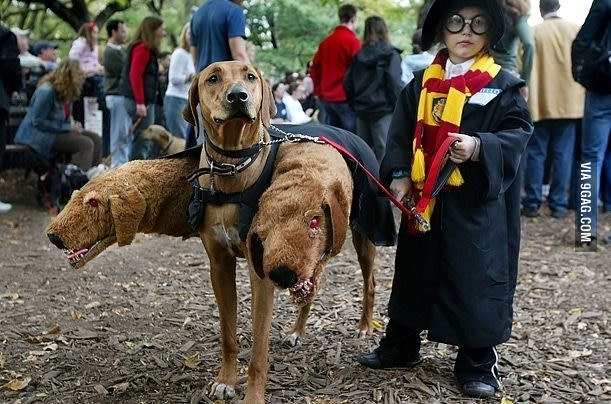
AR is a tool that is made or broken by the story that the creator wants to tell. You can create an interactive murder mystery or a tour of a museum. There are so many unexplored avenues of AR that the limit is what you can imagine and how much work you’re willing to put into creating that experience.
We have such tools to create and express ideas, yet few people seem to. I am guilty of that as well. I do hope that the barrier to entry gets low enough that I can spare some time to create some experiences for the joy of creation. But please do think about creating something for the joy of creating it and not because you assume that there are a wealth of new AR related jobs or a limited number of AR apps to be created and you must pursue the money train on this. That train goes over a cliff. We have so many media for self expression and no time to do it and no stories to tell. Life is filled with possibilities if you lift the veil on the real world and reveal the hidden one.
We don’t read and write poetry because it’s cute. We read and write poetry, because we are members of the human race. And the human race is filled with passion. And medicine, law, business, engineering — these are noble pursuits and necessary to sustain life. But poetry, beauty, romance, love — these are what we stay alive for.
To quote from Whitman: ‘O me, O life of the questions of these recurring. Of the endless trains of the faithless. Of cities filled with the foolish. What good amid these, O me, O life? Answer: That you are here. That life exists and identity. That the powerful play goes on, and you may contribute a verse. That the powerful play goes on, and you may contribute a verse.’
What will your verse be?
